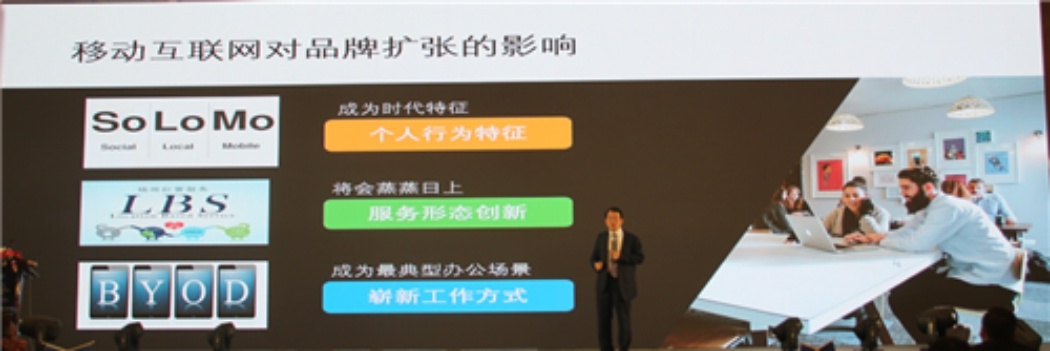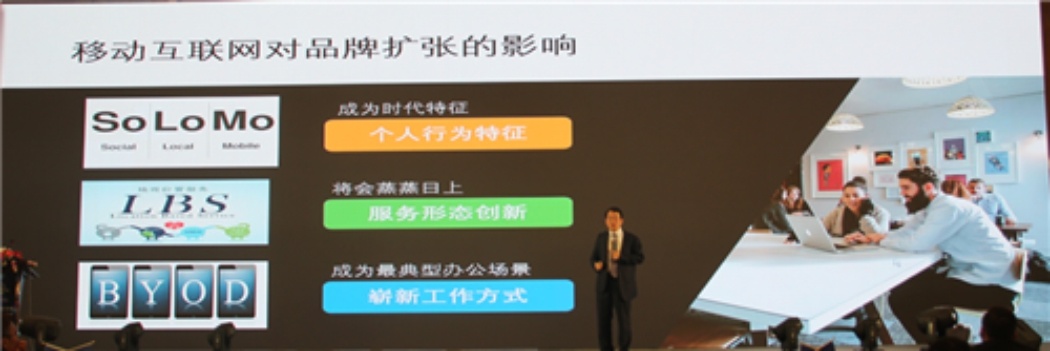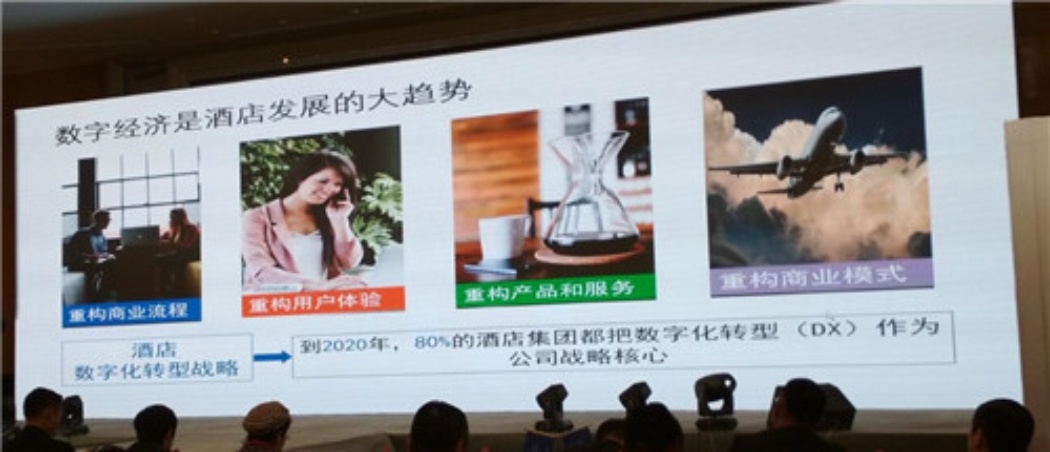What far-reaching impact has the Internet had on China's hotel industry in the past 10 years?
03 Nov,2022
What profound impact has the Internet had on China's hotel industry in the past 10 years?
Source: Maidian.com
It is estimated that by 2020, more than 80% of hotel groups will take digital transformation as their core strategy. If a group company does not carry out digital transformation, it will definitely be eliminated.
(Wang Dandan, Meadian News) "The development of China's hotel industry in the past 10 years has had a great impact on the Internet and technology. Which direction the hotel industry will develop in the future is a question worth thinking about." Zhang Xingguo has worked in the hotel industry for more than 20 years, and served as the senior vice president of Jin Jiang International Hotel Management Co., Ltd. When talking about the topic of "Analysis of the Development Status and Future Trends of China's Hotel Industry", he specifically mentioned "Internet" and "Technology".
In Zhang Xingguo's view, there are two key factors influencing the rapid development of China's hotel industry in the past 10 years: one is catching up with the 10 years of China's rapid economic development, which provides a driving force for the development of China's hotel industry; Rapid development, from PC netizens to mobile phone netizens, they have all affected the development of China's hotel industry.

The growth of China's "netizens" has affected the changes in the core consumer groups of Chinese hotels. Take Jin Jiang as an example. Before 2008, the average age of major consumers of high-end hotels in China was 45 years old. With the growth of the Internet population, the average age of more than 100 million members of Jin Jiang has dropped, with the highest peak at 27 years old. The age difference of 18 years comes from the new generation of mobile Internet. Changes in the core consumer groups in the hotel industry will inevitably change the overall transformation of Chinese hotels from operation to management. First of all, the young Internet users have directly promoted the development of low-end hotels with young people as the main consumer group. In the past 10 years, Chinese hotel groups represented by Jin Jiang, GreenTree Inn, Home Inns, HNA, etc. have taken advantage of the trend to develop and grow, ranking among the top 15 hotel groups in the world. Time" is a good illustration. Secondly, the younger groups have changed the style of Chinese hotel brand names—entertainment. "The names of hotel groups used to be very serious, but now there are many brand names with distinctive personality, such as Orange Hotel, Pudding Hotel, and Candy Hotel. This is also the impact of Internet entertainment." Furthermore, changes in the Internet population The changes in hotel categories in the hotel industry have changed. The industry has begun to develop from business hotels and high-star hotels with a relatively large proportion to mid-range hotels and themed hotels. Hotels with distinctive personalities such as Atour and Juzi were born. "Atour has introduced a variety of cultures and scenes into the hotel lobby. The TVs in the Orange Hotel are installed on the ceiling. These are all new changes. Hotels that promote lifestyles such as Hermitage and Hermitage are also very popular." Zhang Xingguo believes that under such an impact, Chinese hotel brands are becoming serialized and ecological.

The development of Internet technology has also affected the hotel's product service structure and operating methods. The most obvious change is the birth and application of smart hotels. "Smart hotels run through the entire consumption process of room reservation, pre-check-in, check-in, and post-check-in." Independent check-in has been widely used by major hotel groups. Zhang Xingguo believes that smart hotels are called artificial automation in the initial stage, which means that things that are done manually can be controlled by mobile phones. The second stage is the stage of automatic sensors. A lot of information can be collected by sensors into the CPU and automatically switched. The third stage is artificial intelligence. In 2025, artificial intelligence and robots will fully enter the hotel and change the hotel's products and service methods. "I think intelligence should solve the pain point of the hotel. The so-called pain point is that we have to do it but we can't do it yet."


With the development of the mobile Internet, SOLOMO will become a very important personal feature in this era; LBS will become a thriving service innovation; BYOD will become the most typical office scene and a new way of working. In addition, the vigorous development of mobile terminals. In the future, the functions and usage of hotel APP will be more popular and extensive, and hotels will enter the digital stage in the future. Against this background, in the next five years, the business model and service process of hotels will be disrupted and restructured, various new user experiences will be produced, hotel products and services will be readjusted, and the entire industry will Business models will also be changed. "It is estimated that by 2020, more than 80% of hotel groups will take digital transformation as their core strategy. If group companies do not carry out digital transformation, they will definitely be eliminated."





